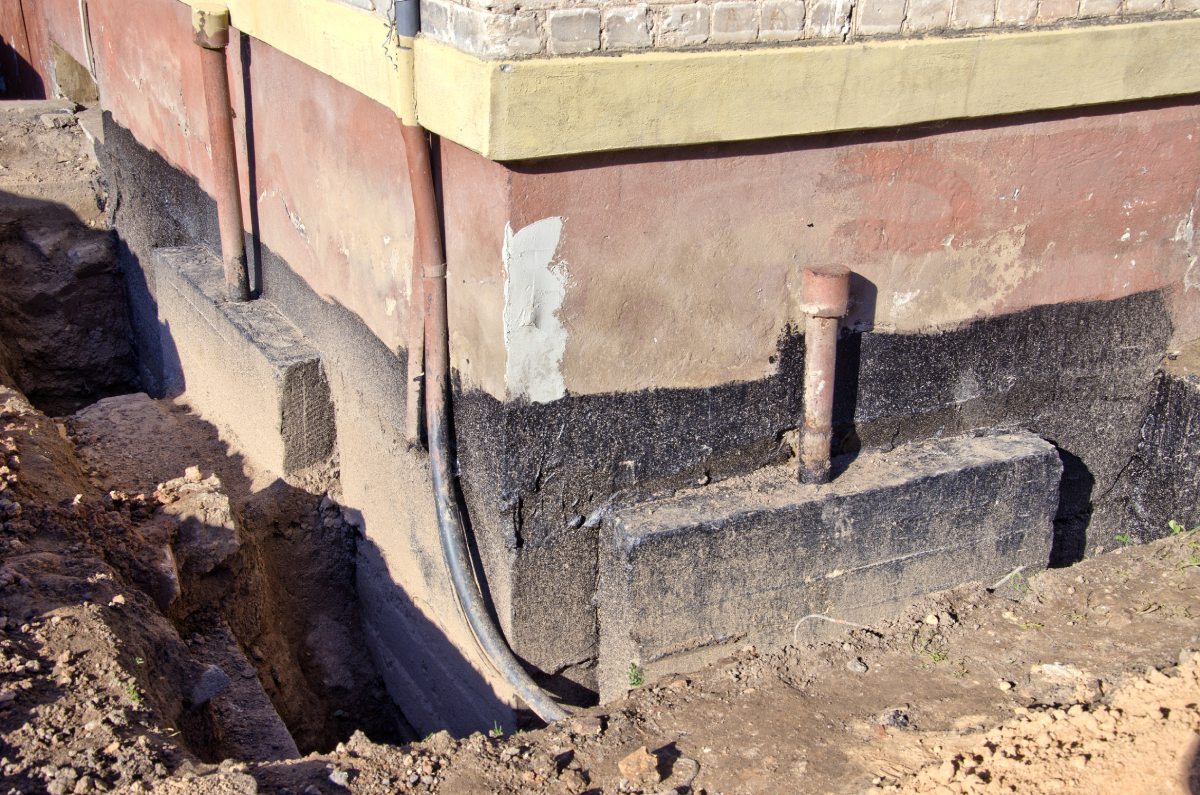If you have ever noticed cracks in the foundation of your home, you might be wondering, “When should I be worried?” Many of these cracks are cosmetic in nature, and nothing to worry about, but some are indicative of deeper problems. Here are some signs to keep an eye out for. First, check the crack’s width. If it is less than a half-inch, it’s probably not a major problem. However, if it spreads to other blocks, it may be a structural crack. So for your own safety, you should hire a professional contractor like foundation solution Atlanta.
Often, foundation cracks aren’t dangerous, but they are alarming nonetheless. Depending on their size and severity, they can be benign or indicate a major problem. Learn more about the causes and signs of foundation cracks before you begin taking action. Eventually, you may be faced with a costly repair job. And remember that you’re not the only person with foundation cracks. Don’t hesitate to call a professional if you notice any signs of problems.
Super thin foundation cracks are usually the result of seasonal changes and shrinking concrete. This type of crack is easy to repair because epoxy fill is flexible enough to stretch as your home changes. And because cracks occur on the outside of a foundation, you need to be careful that you don’t get them inside the house. If you have super-thin foundation cracks, it’s best to hire a professional contractor to repair them.
Often, these cracks are hidden behind a paint job. They’re typically too small to see, but they’re a big sign. Check exterior walls for brick cracks and interior sheetrock cracks, which should be vertical and zigzag. The foundation is likely causing wall-to-wall cracks or movement of your house’s floor. Then, check the walls to see if they’re moving, too.
Moreover, horizontal cracks on foundation walls are a big problem. These cracks can be the result of a variety of factors. For example, improper drainage or gutter systems can cause excess water to accumulate around the foundation walls. This hydrostatic pressure can cause the foundation walls to buckle, crack, or bow. In any case, it’s essential to have a foundation repaired as soon as possible. You don’t want to end up with a water-logged basement!
While there are many causes of foundation cracks, these can result from various issues. Poor drainage, shifting ground, or settling are just a few of the main culprits. Cracks can also be the result of poor soil compaction, which causes the foundation to rotate slightly outward or inward. Poor compaction of soil can cause the foundation to sink or crack. These factors can make your house less stable and lead to more serious structural problems.
